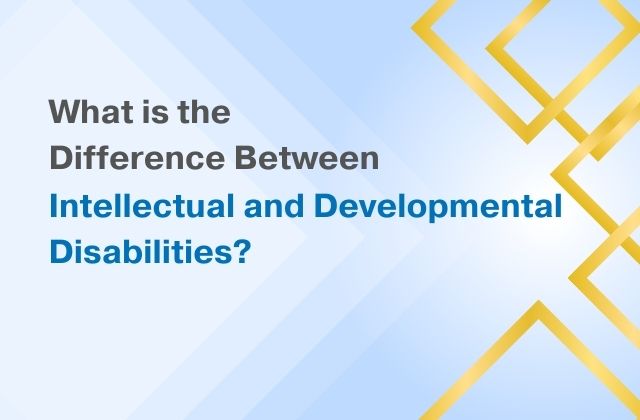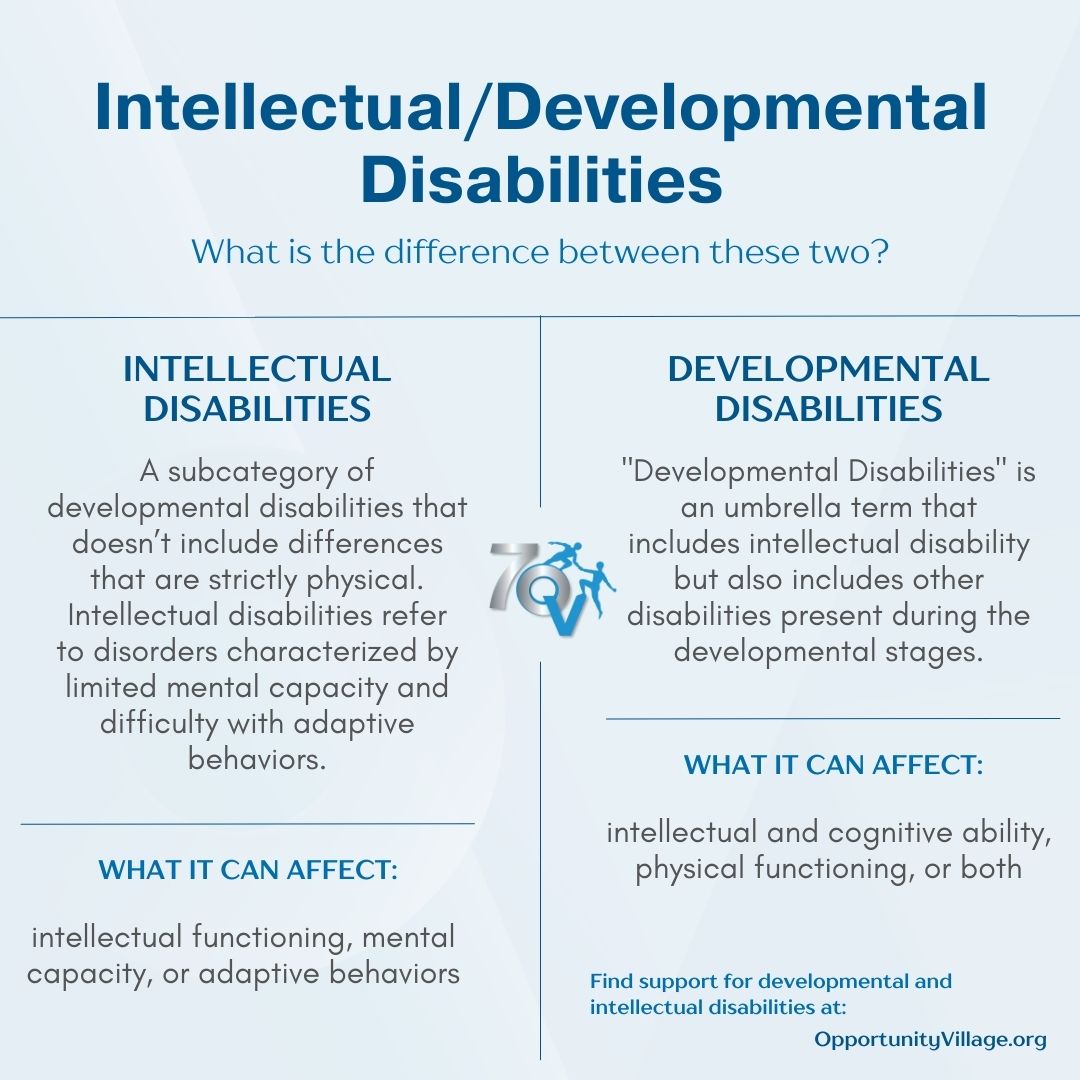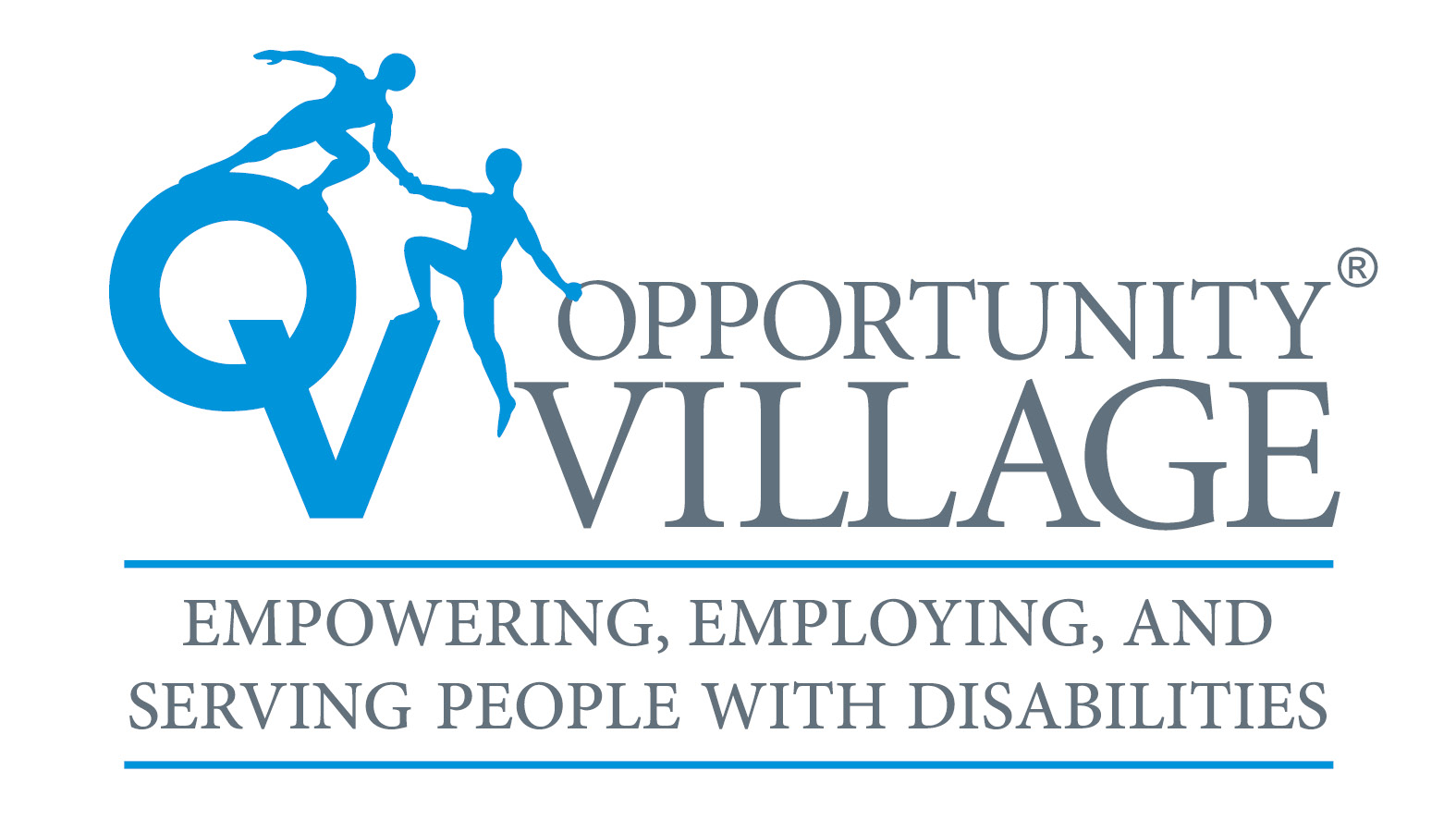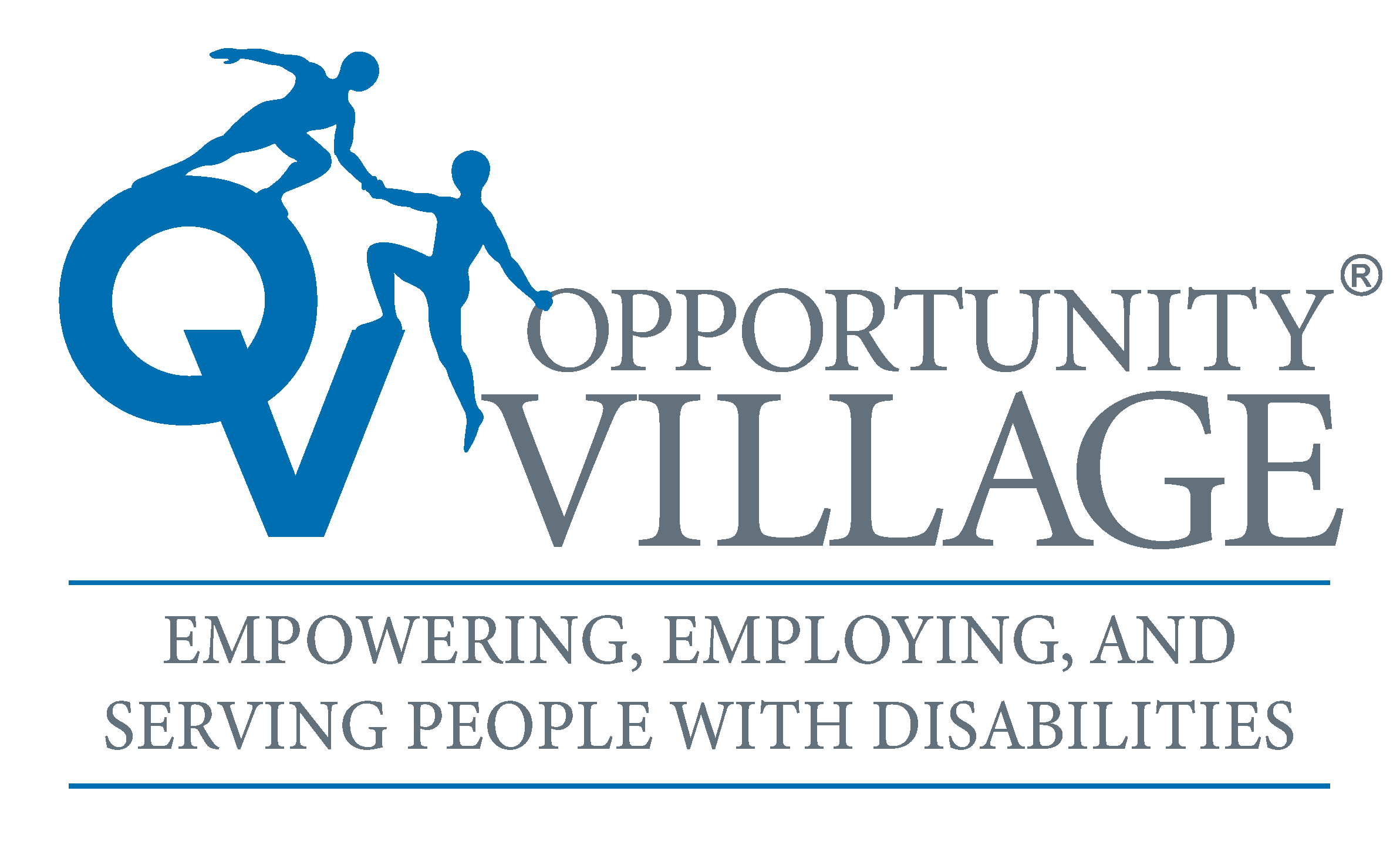
While intellectual disabilities may be developmental disabilities, not all developmental disabilities are intellectual disabilities. Learning the difference between an intellectual and developmental disability can help caregivers and families better understand the needs of their loved ones and what opportunities may be available to them.
What Is A Developmental Disability?
Developmental disability is an umbrella term referring to all disabilities or differences that present during a person’s developmental stages. Developmental disabilities are present at birth, and typically diagnosed early on in childhood. These may impact a person’s intellectual, physical, language, or behavioral abilities.
These disabilities are far from uncommon. According to the Centers for Disease Control and Prevention, developmental disabilities may affect as many as 1 in 6 children.
The Most Common Developmental Disabilities
According to a 2019 study published by the American Academy of Pediatrics, the most common developmental disabilities found in children today include:
- Autism
- Seizure disorders
- Hearing loss
- Blindness
- Cerebral palsy
- Speech impairments
- ADHD
- Learning disabilities
What Causes Developmental Disabilities?
What may cause different developmental disabilities varies, and some developmental disabilities have various potential causes.
While the exact cause of ADHD isn’t clear, experts believe that there likely is a genetic component. Other factors that may contribute to ADHD development include premature birth, lead exposure during pregnancy, or consumption of alcohol during pregnancy.
Autism is believed to have very different potential contributing factors when compared to ADHD. According to the Centers for Disease Control and Prevention, having a sibling on the autism spectrum, being born to older parents, birth complications, and having certain genetic conditions may make a child more likely to develop the disability.
Physical developmental disabilities like hearing loss or blindness have different risk factors still when compared to disabilities like ADHD or autism. According to the Centers for Disease Control and Prevention, the majority of hearing loss developmental disabilities can be linked back to a genetic cause. Many have family members who also have hearing loss, and as many as 1 in 3 share hearing loss with another “syndrome”-type disability like Usher or Down syndrome.
Another cause may be linked to maternal infections during pregnancy or birth complications, which has been observed in about 1 in 4 hearing loss cases.

What Is An Intellectual Disability?
Intellectual disability is a subcategory of developmental disability, and this is where the difference between intellectual and developmental disability really lies.
While developmental disabilities include disabilities both physical and mental, intellectual disabilities only include those that affect mental capacity and difficulty with adaptive behaviors. Autism or ADHD may be categorized as both a developmental disability and an intellectual disability, but hearing loss, a seizure disorder, or blindness would likely not fall under the intellectual disability umbrella.
According to The Cleveland Clinic, intellectual disability is widespread. It is thought that intellectual disability affects between 1% and 3% of children, with boys being slightly more likely to be diagnosed than girls.
The Most Common Intellectual Disabilities
While autism and ADHD are two common examples of intellectual disabilities, in some instances these are categorized by school-area skill sets when diagnosed during childhood. Some examples of these intellectual disability groupings include reading difficulties, speech disabilities, behavioral challenges, and visual or auditory processing disorders.
What Causes Intellectual Disabilities?
Like most developmental disorders, intellectual disabilities can have a wide variety of causes. These factors may include:
- Infections before birth
- Chromosomal defects
- Exposure to alcohol during pregnancy
- Brain malformations
- Complications at birth
- Prenatal brain infections
Families and caregivers may suspect a child may have an intellectual disability when they struggle with meeting their developmental milestones like walking or crawling, they have difficulty speaking, or they experience learning difficulties once they enter school.
Intellectual disabilities are often scaled into one of three categories. These are:
· Mild to moderate ID – Those with mild to moderate intellectual disability may be somewhat slower in cognition but can learn to go about their daily lives with minimal to limited support. These individuals are likely to be able to live independently, even if independent living looks different from one individual to another.
· Severe ID – Those with severe intellectual disabilities live with more challenging developmental delays and may have limited communication skills. These individuals may be able to carry out simple everyday routines independently but will likely need support in social settings as well as regular caregiver support.
· Profound ID – Individuals with profound intellectual disabilities will require close attention and regular assistance with everyday self-care tasks. In many cases, these individuals have congenital syndromes and experience accompanying physical limitations.
What Areas Of Life Are Affected By Developmental Or Intellectual Disabilities?
The difference between intellectual and developmental disability can also be found in how these conditions affect day to day life. Those who experience developmental disabilities without intellectual disabilities, like those with some seizure disorders, blindness, or hearing loss, may be able to use medical support to go on to live independently with minimal daily support. These individuals, however, may find difficulty in obtaining a job or career they want or obtaining transportation due to their disability.
For those with greater support needs, their disabilities may affect various areas of life. They may find it more difficult to obtain employment and achieve independent living, it may present challenges in friendships or relationships, finding suitable education may be more challenging, and, for some, they may require support carrying out their daily routines.
How To Get Help
Families and caregivers for those with developmental or intellectual disabilities often feel overwhelmed ensuring their loved one is well cared for and given every opportunity available to them. No matter the challenges or differences between intellectual and developmental disability, there are services to provide help. Some of these include:
- Assistance and guidance from their physician
- State resources such as the Desert Regional Center or Bureau of Vocational Rehabilitation
- Assistance through the school system
Opportunity Village Disability Services
Opportunity Village offers a number of different services for individuals with intellectual or other developmental disabilities as well as their families and caregivers. These services include day habilitation, pre-vocational services, student services, employment services, and arts & recreation services.
Families and caregivers can enroll their loved ones in Opportunity Village programs as long as individuals have a document of disability from a physician and are at least 18 years of age. You can learn more about the services provided by Opportunity Village to adults with IDD here.





